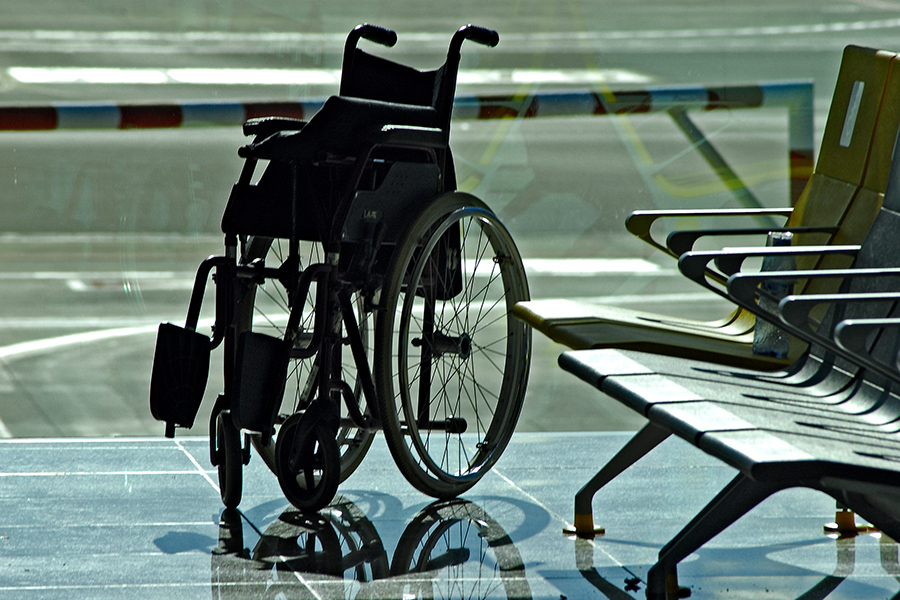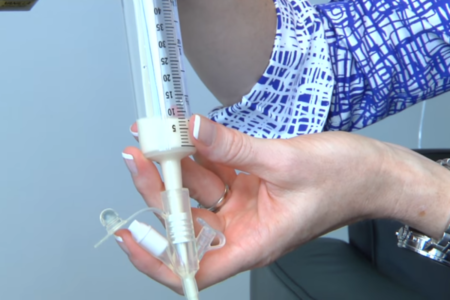The following article on the CARE Act is the property of Elizabeth E. Hogue, Esq., a private practice attorney with extensive experience in healthcare.
Primary caregivers, who are often family members, are crucial players in home care. Without them, it is often impossible to provide home care services and to keep patients in their homes.
Primary caregivers perform a variety of sometimes complex tasks on a routine basis, including:
• Managing multiple medications
• Providing wound care
• Giving injections
• Operating and maintaining monitors and other types of medical equipment
• Managing special diets
If patients cannot care for themselves, reliable caregivers are an essential prerequisite for the provision of all types of home care.
In recognition of the significant role played by caregivers, AARP developed the Caregiver Advise, Record, Enable (CARE) Act. The purpose of the CARE Act is to support caregivers when patients go into the hospital and to help caregivers understand what will be needed when patients are discharged to their homes.
There are three key components to the CARE Act, as follows:
- The names of family caregivers are solicited and documented when patients are admitted to hospitals or rehabilitation facilities.
- Family caregivers are notified when patients are discharged to another facility or discharged home.
- Hospitals and rehabilitation facilities must provide explanation and live instructions about medical tasks; such as medication management, injections, wound care and transfers; that family caregivers must perform at home.
At the urging of AARP, a number of state legislatures have adopted the CARE Act. At least thirty-five states have enacted a version of the CARE Act. The most recent state to do so is Pennsylvania.
Home care providers have been concerned about the unrealistic expectations of both patients and caregivers when patients are discharged from institutions to home care. Anecdotally, it often seemed to home care providers that caregivers were ill-prepared to care for patients. Lack of preparation may contribute to unreliability on the part of caregivers that severely hampers the efforts of or prevents home care providers from continuing to provide care to patients in their homes.
In short, caregiving, especially over the long haul, is a daunting task. Every little bit helps in terms of support for caregivers. Implementation of the CARE Act is certainly a step in the right direction.
©2017 Elizabeth E. Hogue, Esq. All rights reserved.
No portion of this material may be reproduced in any form without the advance written permission of the author.
Shield HealthCare articles you may also be interested in:























